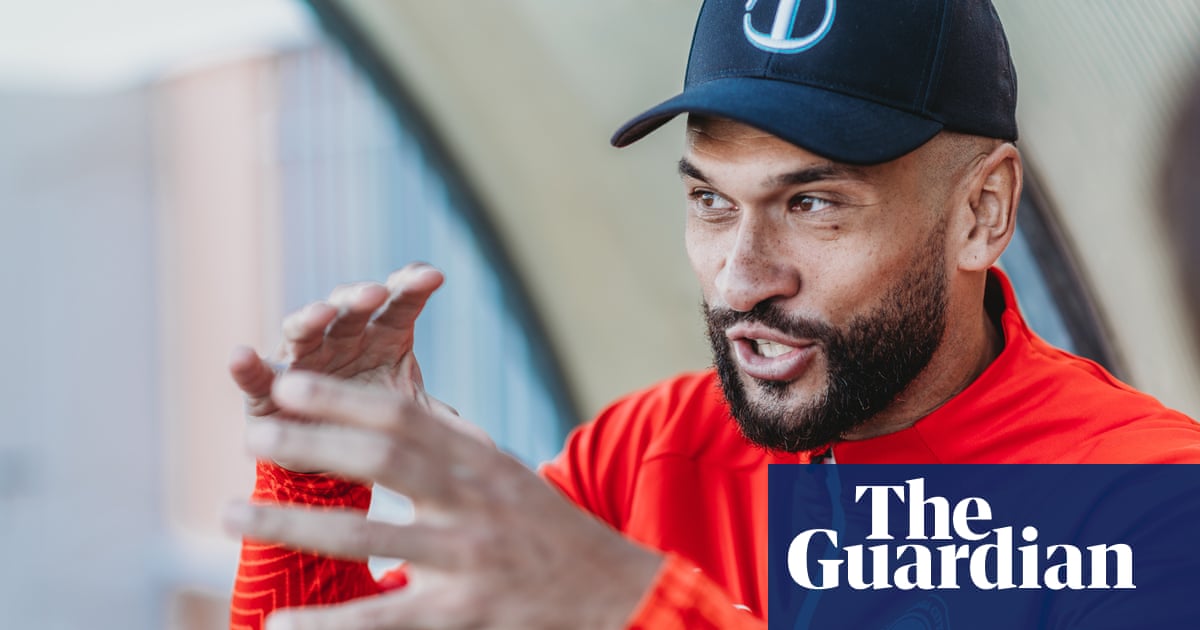
It was a Sunday, and I was out and about in west Croydon. I was 13. A young stranger called out to me, “Hey! What are you doing now? Why don’t you come in, we are having an event now. There will be singing and dancing, it’s really fun, come in!”
Never in a hundred years would I have thought that accepting their invitation would change the course of my life, twice.
That Sunday morning, I entered the Universal Church of the Kingdom of God (UCKG) for the first time, went on to be a member, and eventually became the spokesperson against it, as the founder of Surviving Universal UK.
Aged 15, I remember rushing home to tell my mum that I have finally been “raised” – UCKG lingo for being asked to become an assistant, a glorified usher. But there was a catch. I had to buy my assistant’s uniform. Think air stewardess uniform. The problem was, it would cost over £300. So I begged my mum to find the money, and you know what, she did. I felt as if I was on cloud nine travelling to UCKG HQ to buy my uniform. With that uniform I had the authority to offer “counselling” and “strong prayers” – what I consider to be exorcisms – to members.
It wasn’t just the uniform. As a UCKG follower, you felt an expectation to give the church a lot of your money – 10% of your income. I ended up giving the church a huge amount of my time, money and energy.
I know what you might be thinking – no one put a gun to your head, so why did you give so much money to the church? Here’s the thing: when you are young, naive and vulnerable, messages like “If you do not give your tithe, you are robbing from God!” or “If you do not give this special offering, how do you expect God to bless you?” sound pretty convincing.
After a while, this tedious routine took a toll on me. I was depressed. I felt miserable and trapped. I was very much out of touch with reality. I could never tell anyone at church that I contemplated taking my own life, which I did a few times – because after all, according to them, that would be a sin and I would go to hell anyway.
Mental health conditions such as depression would be classed as demonic possession in the UCKG. How would that make me look: an assistant, who performs exorcisms on others, being depressed and “demon-possessed” herself?
So like any good UCKG follower, I bottled it up. Kept it inside. A bit of me dying with every service I attended.
As I got older and started to see the world for myself, I craved freedom. I felt so controlled and under so much pressure, as if the salvation of humanity was on my young shoulders. It was at this point I knew that I wanted out.
But how? My whole life was in the UCKG. That’s where all my friends were. I had nothing else going for me. At that point I had cut off all links to the outside world.
I was in a place where it felt like a sin to question the church or challenge the pastors. They said it was a sin to even think bad things about the church.
But I was willing to risk it all for freedom. I made an escape plan, left and never looked back.
The hardest part was recovering mentally. You are constantly told in the UCKG that bad things will happen to those who leave the church. I was very paranoid, and scared that I had somehow angered God by leaving. But as time passed, the fear faded away, and was replaced by anger. I would get flashbacks about what had happened, and feel angry that my teenage years had been wasted.
Over the years, I have spoken to a number of fellow survivors of the UCKG, and a year ago, I decided to break our silence. A friend and I went live on Instagram, fearlessly speaking about our experiences. The floodgates opened, and Surviving Universal UK was born. At the point of writing this, more than 300 UCKG survivors have reached out to me, sharing their experiences or seeking support to make their own escape plans. People from all over the world have reached out with support – survivors from South Africa, New Zealand, the US, Brazil. We have been able to band together and call out the UCKG.
The church’s response? Deny, deflect and defame. It’s documented across our social media that they’ve called us sinners, cloud chasers, demons, hateful.
We have made complaints about the church to the Charity Commission. (These have not led to any statutory inquiries, and the commission sent advice to the UCKG’s trustees.)
For so long, we have been feeling like no one wants to listen and take action.
The UCKG’s response to the public outcry feels telling. There appears to be no remorse, no compassion. (The UCKG told the Guardian that it takes “allegations and complaints very seriously” and that they can’t comment on generalised assertions.)
Can an organisation like this continue in today’s climate? That is yet to be seen, but one thing I do know is, I will keep pushing for accountability. On behalf of myself and the hundreds of other survivors, I say: enough is enough.
Rachael Reign is founder and lead campaigner of Surviving Universal UK
In the UK and Ireland, Samaritans can be contacted on 116 123 or email jo@samaritans.org or jo@samaritans.ie. For more information visit www.samaritans.org. In the US, the National Suicide Prevention Lifeline is at 800-273-8255 or chat for support. You can also text HOME to 741741 to connect with a crisis text line counselor. In Australia, the crisis support service Lifeline is 13 11 14. Other international helplines can be found at www.befrienders.org












